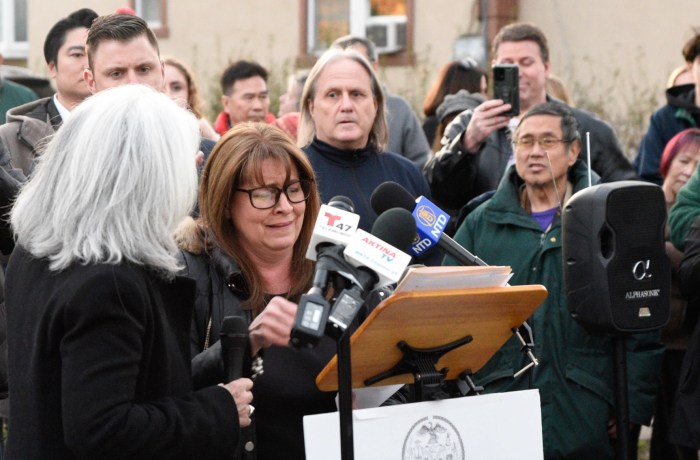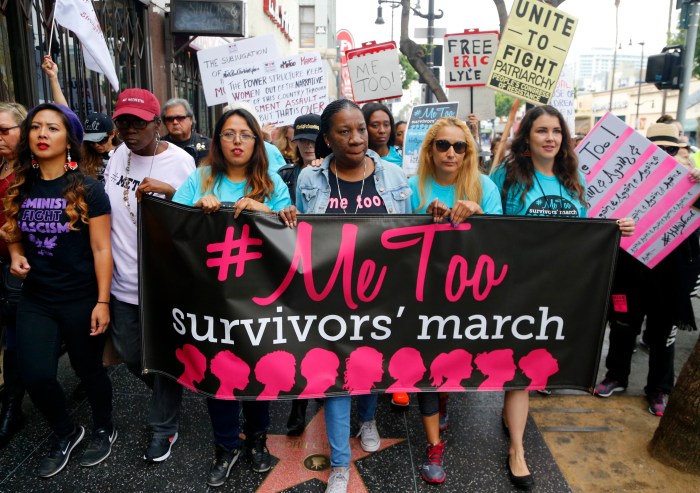BY ZACH WILLIAMS | U.S. dollars are no longer necessary to acquire food, shelter and drink in the East Village and Lower East Side.
Online restaurant and entertainment guide Yelp recently joined a growing number of businesses now recognizing the increased use of Bitcoin. The Web site will now list businesses that accept the digital currency, which is gaining increasing interest from tech-savvy New Yorkers.
“We’re constantly thinking about how to make our business attributes more useful for consumers and businesses,” reads a statement posted April 28 on Yelp’s official blog.
An East Village real estate agent, lawyer and neighborhood wine bar are also helping increase the local prominence of the 5-year-old concept among residents. True believers in Bitcoin’s future within the local community meanwhile have ambitions to transform far more than the medium through which goods are bought and sold.
“Crypto-currency — whatever you want to call it — is going to be around,” said attorney Jonathan Lefkowitz, who has accepted several Bitcoin payments from clients. “It has value and it’s easy to get paid.”
Confidence in Bitcoins’ increasing value versus the U.S. dollar inspires new users of the currency, which allows funds to be exchanged anonymously with a few taps of a smartphone or computer keyboard.
Avoiding charges associated with credit card and check payments also helps the bottom line, according to Andrew Hanna, an East Villager whose firm, Bond New York Real Estate, began accepting the digital currency earlier this year.
“There have been a few transactions,” he reported.
Though he sometimes uses Bitcoin to purchase groceries and daily necessities online, he prefers to hold onto as much of the cyber currency as he can.
“It does have the potential to increase in value,” he noted.
In addition, recent drops in value have led to a decreased willingness among users to spend Bitcoin that were each worth hundreds of dollars more months ago.
Mike Jarmuz, co-owner of Old Man Hustle, on Grand St., said about a dozen Bitcoin transactions per week occur at his business, a drop from months ago when the novelty of a wine bar accepting “e-money” was still knew. However, he said, one “fluke” night, every transaction utilized the digital currency, which his business receives from customers through a smartphone app that links to a customer’s Bitcoin “wallet” by taking a picture of a QR code.
“They usually don’t tip with Bitcoins,” he said of such customers.
Curious residents can now attend classes at a computer repair shop located on the corner of Essex and Hester Sts. to learn more about Bitcoin, according to Patrick Cheng, owner of the shop, XCubicle Game Repairs and Hackerspace. Members of a local community of Bitcoin enthusiasts — which he numbered at about 1,000 — also congregate there. Plans are underway to promote Bitcoin at the upcoming Hester St. Fair in June, he said.
“New York City is one of the largest Bitcoin communities,” Cheng said. Unfortunately for his business, most of the virtual currency’s users don’t need help repairing their computers.
“We don’t really get many people with Bitcoin,” he said. “Most people who have them, hoard them.”
Nick Spanos, co-founder of the Bitcoin Center NYC, two doors down Broad St. from the New York Stock Exchange, said he was involved in the first U.S. real estate sale through Bitcoin. Crain’s New York Business reported April 4 that a Nolita apartment was leased through the acceptance of the equivalent of $18,000 in Bitcoin.
The first Bitcoin A.T.M. machine resides at the center, though it can’t be operated due to money-laundering laws, according to spokesman Alex Palantzas. State regulation is expected in the near future, he added, potentially providing a boost for the fledgling currency, which despite fluctuating exchange rates, maintains certain long-term tendencies, as well as philosophical overtones.
“The more people use it, the more savers are rewarded,” he said.
Spanos said Bitcoin is not a currency, but rather just one element in a new concept of how value is made and information organized within society, in contrast to the current financial system, which he derided as dependent on debt and chicanery.
“There’s a lot of bulls— artists in this world. This is going to stop them,” he said of Bitcoin.
A number of East Villagers interviewed said they were familiar with Bitcoin, but questioned its viability. They also wondered if it could overcome its negative associations with Silk Road, an online marketplace that used the digital currency for selling narcotics and weapons, among other things, and whose operator, “Dread Pirate Roberts,” was arrested and charged with ordering murder-for-hire hits on drug dealers.
Dominick Santa Catarina, an E. 10th St. resident, said he does not yet fully trust the abstract nature of digital currency. Local bartender Ignacio Indacochea said customers have yet to request payment through it.
Others indicated that if more people get behind the idea, they might just join them.
“It makes sense if everybody wants it,” said Ron Ramati, who has managed Pianos, on Ludlow St., for the past four years.


















